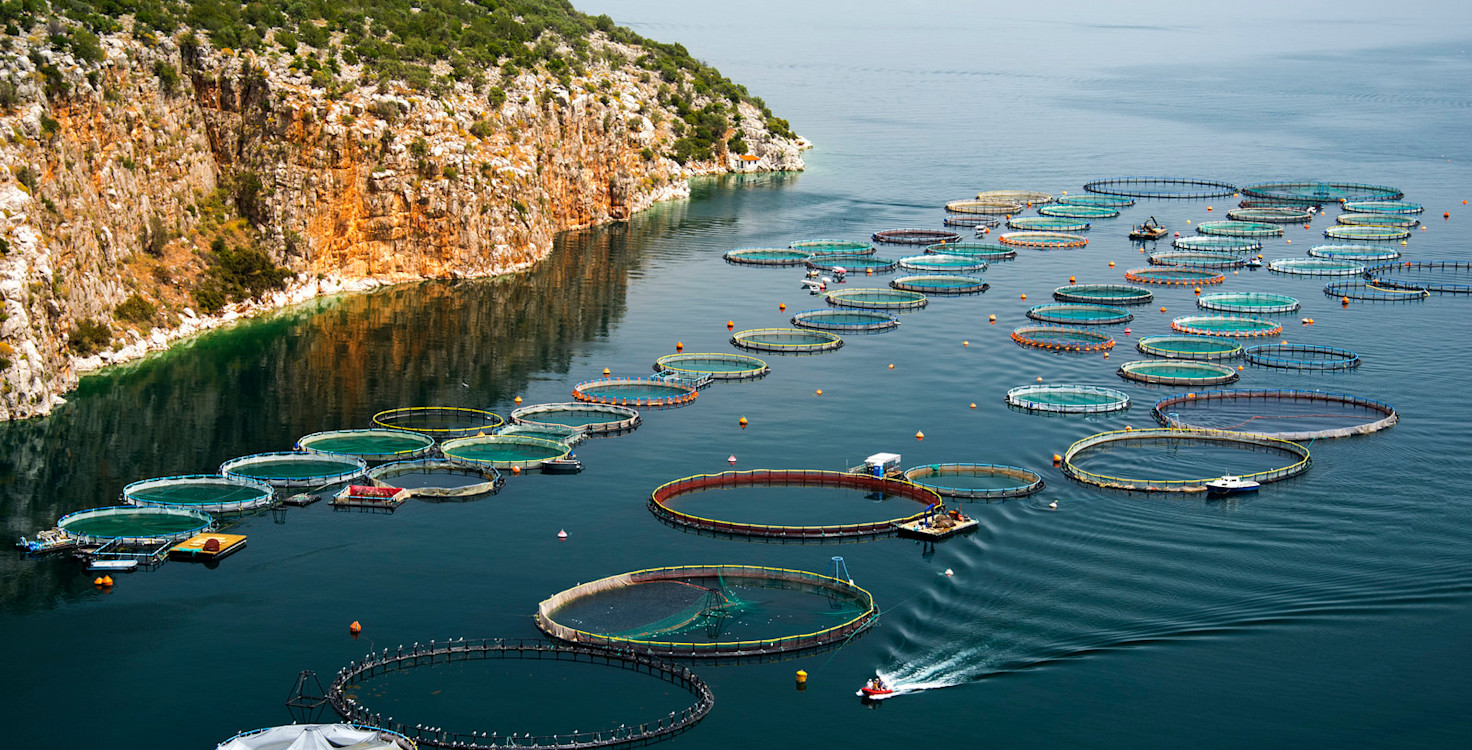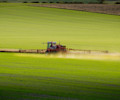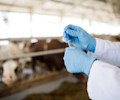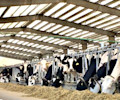Aquaculture is the farmed production of marine organisms for human use, as opposed to capturing fish or harvesting seaweed from natural environments in the sea. It is a relatively new industry and has grown enormously in recent decades. Farmed fish production made up around 5% of total seafood production in 1960, and now represents more than half of all fish consumed by humans today. Also known as aquafarming or marine farming, this trend has allowed more people to enjoy diverse and nutritious food.
However, nearly 90% of the world’s marine fish stocks are either overexploited or depleted. And the remaining fish can come with problems. For wild-caught fish, these include high levels of mercury, PCBs, dioxins and other contaminants. Farmed fish, meanwhile, are subject to the dangers associated with confinement and overuse of antibiotics.
Here we explain the difference between aquaculture in freshwater and saltwater environments, and the considerations for investors.
Aquaculture in freshwater environments
Species that typically live in freshwater environments, such as carp and tilapia, must be farmed in freshwater facilities. Ponds are the common freshwater culture system, but raceways, net pens, cages, and water re-use systems are also used. As freshwater production facilities are not based in the sea, they are referred to as inland aquaculture. Freshwater ecosystems are a rich source of biodiversity, containing less than 1% of all water, but holding about 40% of the world’s fish species. Overfishing target stocks can threaten species.
Aquaculture in saltwater environments
Fish that live in marine environments are farmed in the sea. The most common production systems are net pens, which are large suspended nets in the sea that house farmed fish. Most marine farming takes place in relatively shallow coastal areas, however some producers are developing methods of farming fish in the open seas, known as offshore aquaculture.
The risks in aquaculture investment
Although the aquaculture industry generally performs better on sustainability issues than land-based protein producers, investors must pay attention to use of antibiotics, disease management and biodiversity goals. See our latest report on ESG risks and opportunities in aquaculture.











